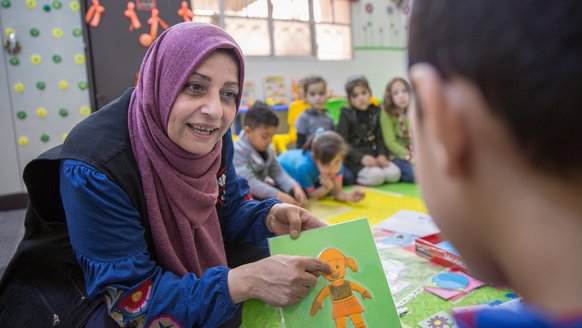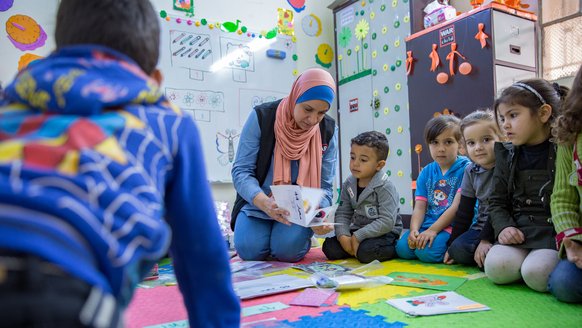How does a child's brain respond to war?
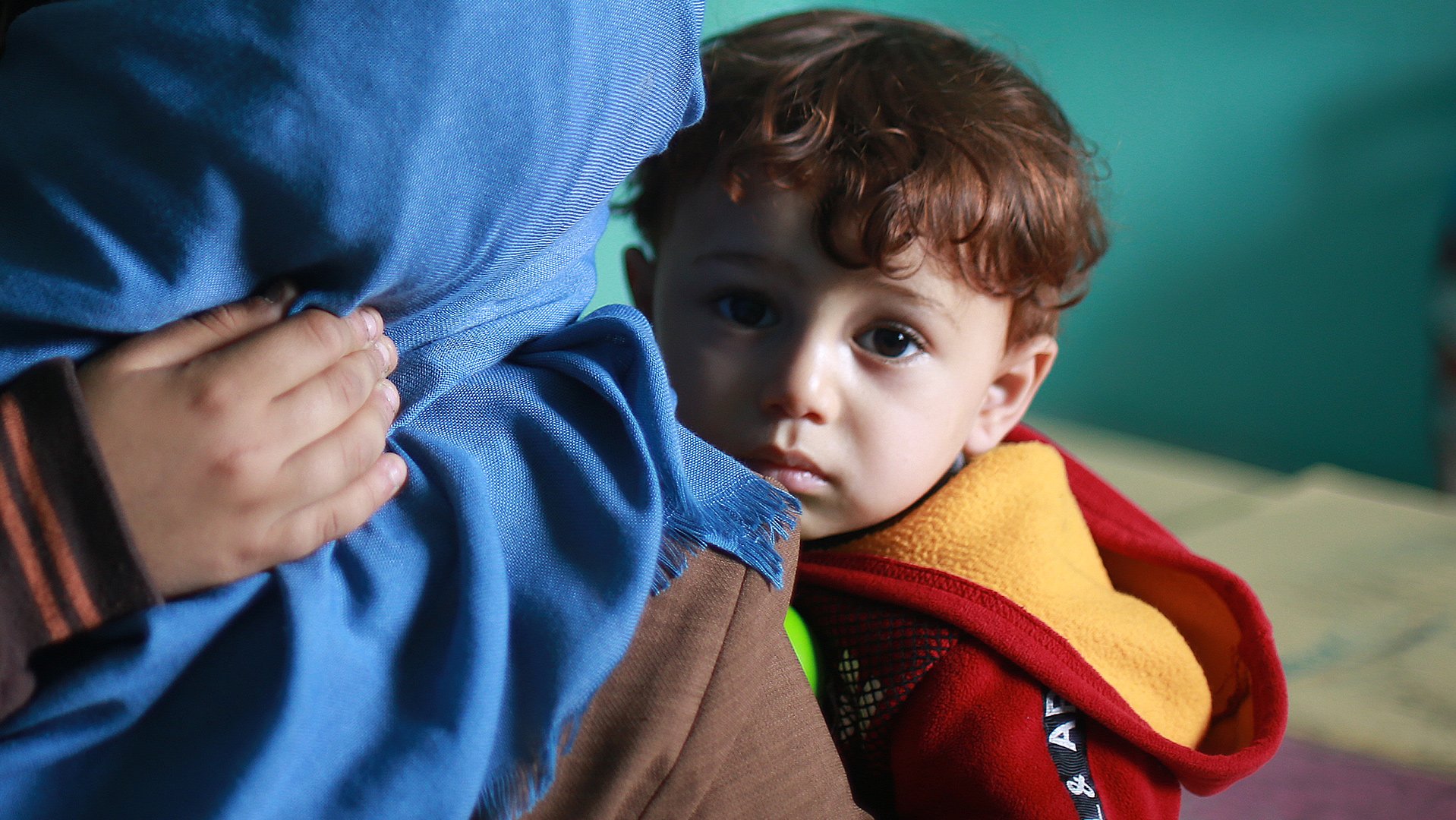
Girl from the Occupied Palestinian Territories
Photo: War Child
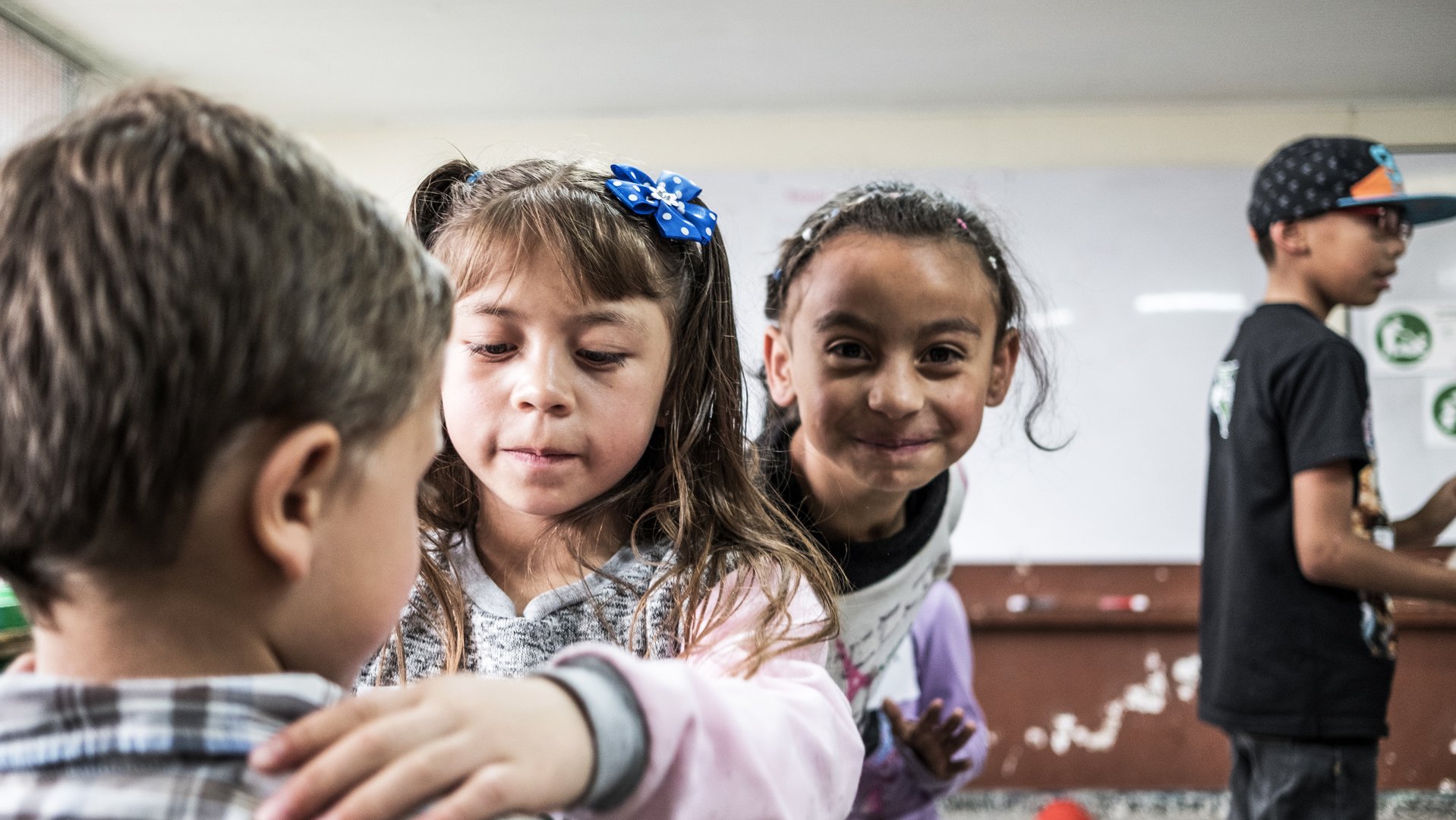
A girl fled from war-torn Iraq
Photo: War Child UK
State of emergency
Kenneth Miller, War Child Holland's senior researcher and psychologist, knows the difficulty of determining how children process their experiences. "It depends on what exactly happened and whether they are able to count on emotional and practical support. And of course, every child also has its own unique strengths and vulnerabilities."
What we can determine, however, is how the child's brain reacts to extremely stressful situations. When children experience the loss of a parent or live in intense fear for an extended period of time, their brains can switch to a state of emergency. Kenneth: “When that happens, the brain's threat system is permanently turned on and floods a child's body with stress hormones. For the short term, such a state is manageable - this system has evolved to help one survive in the event of danger."
Toxic stress
If the stressful situation persists, however, permanent damage can be one, says Kenneth: “A person's emotional and physical health will deteriorate. For children, this can lead to what researchers call 'toxic stress'. This means the child's body and mind are worn out, their immune system is weakened and brain can be damaged."
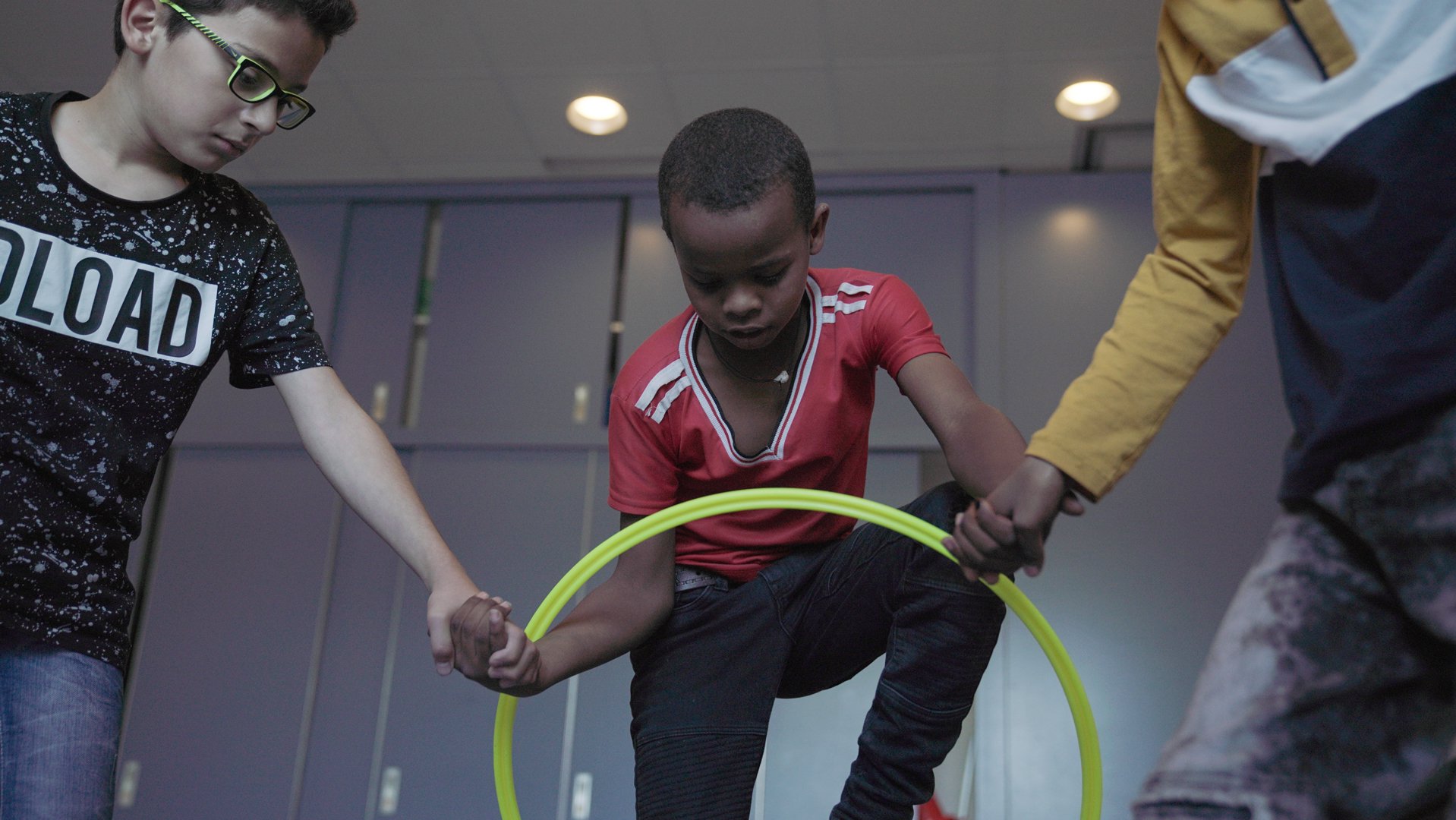
War Child's programmes help strengthen the resilience of children growing up with conflict
Photo: War Child
Numbing the fear
Brain damage caused by toxic stress can lead to children experiencing nightmares, it can have them loose their appetite and all of a sudden make them wet their bed again. Children's behaviour could change: they can suddenly start acting aggressively, or become very quiet and withdrawn. Miller: "Children try everything to numb the fear."
Resilience
Fortunately, brain damage from toxic stress does not have to be permanent. "Not all children exposed to traumatic experiences develop psychological trauma, depression or psychiatric disorders. The chaos of war is extremely stressful for a child. But thankfully children are much more resilient than one might think."
War Child builds on this resilience. With our programmes worldwide we teach and encourage children to trust themselves and the people around them, and we strengthen their social skills. Through participation in our creative activities, children eventually find the strength to deal with their experiences. In the meantime, War Child continues to evaluate and develop its programmes. Because even though there is no clear-cut solution, we know that with the right support, most children are able to overcome their adversity.
